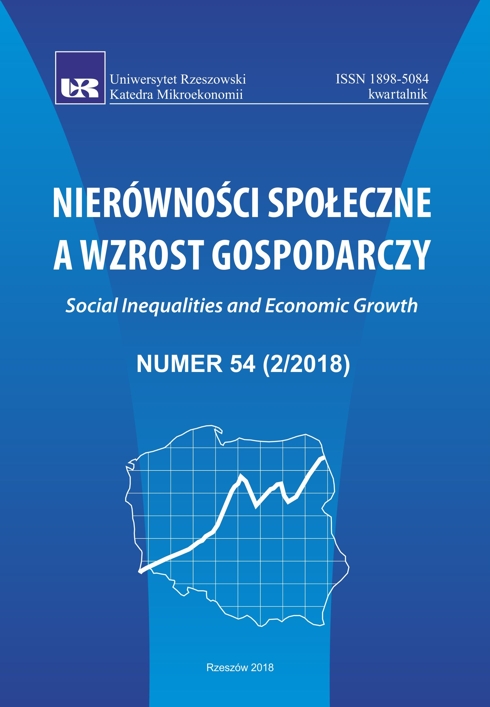Is it possible to solve the food waste problem?
DOI:
https://doi.org/10.15584/nsawg.2018.2.35Keywords:
food, social inequalities, waste, prevent, Food BanksAbstract
The purpose of this article is to discuss the problem of food loss, which has now reached such a high level that we can speak of its global character. Food loss and waste occur at most stages of the food supply chain. According to the FAO report, every year ca. 1.3 billion tons of food are lost or wasted worldwide. This problem also affects Poland, where about 9 million tons of food are wasted every year. It is a peculiar paradox that, at the same time, a large part of the global population either lives below the poverty line and has limited access to food or suffers from climate-related food shortages. Wasting food implies only negative effects, which can be analyzed in three main categories: environmental, economic and social. Due to the large scale of food loss and waste at both global, European and national levels, numerous initiatives and projects are undertaken to tackle this problem. In-depth understanding of why food loss occurs might make it possible to limit it in the future. One way to prevent food spoilage is to donate any unused and leftover food for social purposes. Food Banks play an important role in the process of acquiring non-commercial food products for the poor. Moreover, initiatives aimed at raising public awareness and striving to reduce consumerism are important. Reducing food loss throughout the food supply chain as well as ensuring sustainable consumer choices, as recommended by FAO and WHO, will contribute to improving food and ecological security.Downloads
Download data is not yet available.
Downloads
Published
2020-11-13
How to Cite
Marszałek, A. (2020). Is it possible to solve the food waste problem?. Social Inequalities and Economic Growth, 2(54), 474–485. https://doi.org/10.15584/nsawg.2018.2.35
Issue
Section
Articles
License
Copyright (c) 2018 University of Rzeszow

This work is licensed under a Creative Commons Attribution-ShareAlike 4.0 International License.


